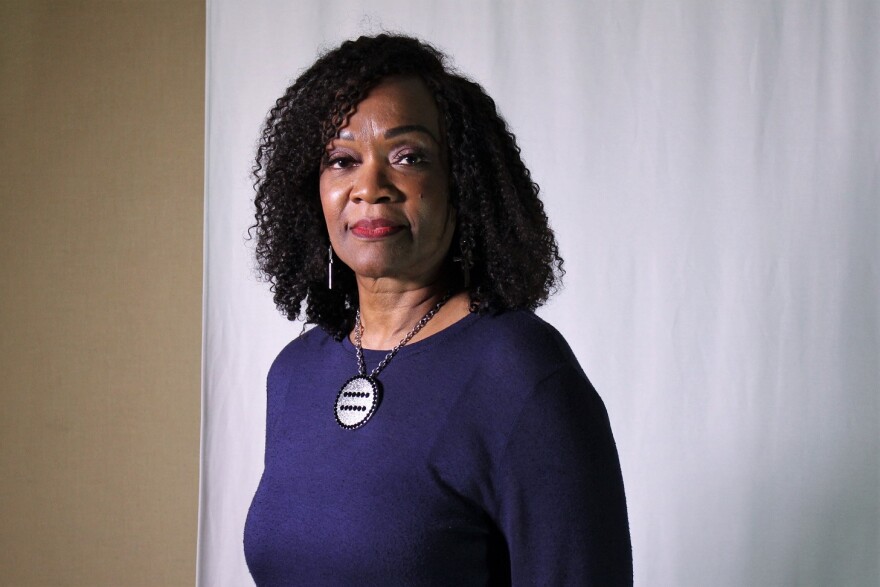Black residents of Kansas City are still "separate and unequal," according to the latest report from the Urban League of Greater Kansas City.
The 2019 State of Black Kansas City, from the Urban League in collaboration with local law, policy, health and education experts, measures the racial gap in areas such as economics, criminal justice and education. Based on statistical analyses of factors such as the median net worth for black versus white households and the rate of homeownership, the report found the equality index for black Kansas Citians is only 73% of their white counterparts.
“We are falling short … of having an equal share of the American pie,” said Gwen Grant, the Urban League’s president and CEO.
“It’s frustrating,” added Rev. Wallace Hartsfield II of the Metropolitan Missionary Baptist Church of Kansas City. “That this nation is not interested in the equality and the equity.”
In addition to studying economic data, the report takes a deep dive into the criminal justice system, presenting noticeable racial gaps in areas such as prison sentencing lengths and vehicle stops.
The Missouri Attorney General’s 2018 vehicle stops report shows that black drivers in the state are 91% more likely to be pulled over by police than white drivers, which is a significant increase from recent years. That number was 85% in 2017; in 2001, the first full year the state started compiling such data, the number was 35%. The data also shows white drivers were most often caught in possession of contraband.
“Now, the police will always say… there was some justification for the stop, but it just doesn’t bear out,” Grant said.
Hartsfield and Grant said racial profiling and stereotyping have led to the difference in police stops.
“We know the police have to do their job,” Hartsfield said. “But some of this is not based upon credible stops. This has to do more so with the assumption of who black folks are … and especially when you talk about young black males.”
The Urban League releases a State of Black Kansas City report every few years, with the goal of informing the public about the issues. The group also works with elected officials in hopes of driving policy that can alleviate some of the inequities.
With nearly every identified problem, the report offers recommendations. To help mitigate the racial gaps in vehicle stops, for example, the Urban League suggests holding police units accountable by allowing the governor to withhold funds from agencies that show patterns of racial profiling.
Law enforcement is required to deliver vehicle stop data to the Attorney General’s office each year, but “the law stops there,” Grant said. “They go back to business as usual.”
Grant said it will not be possible for the city to make progress until everyone understands the problem. And, she said, it’s important to acknowledge the role of poverty.
“Far too few whites understand how we got to where we are,” Grant said. “You have to understand the systemic and structural impediments that have locked African Americans out of the economic framework of this country.”
Grant emphasized the history of discriminatory housing policies across the nation. Depression-era redlining, as detailed in the Urban League’s report, prevented African Americans from attaining mortgages and purchasing affordable homes, ultimately segregating black communities into deteriorating inner cities while white suburban neighborhoods began to flourish.
This history is largely not taught in American schools, Grant said. “If you’re white in America,” she added, “you have an advantage that allows you to not have to be aware.”
Gwen Grant and Rev. Wallace Hartsfield II spoke with KCUR on a recent edition of Up To Date.
Jamie Hobbs is an intern with KCUR's Up To Date.




